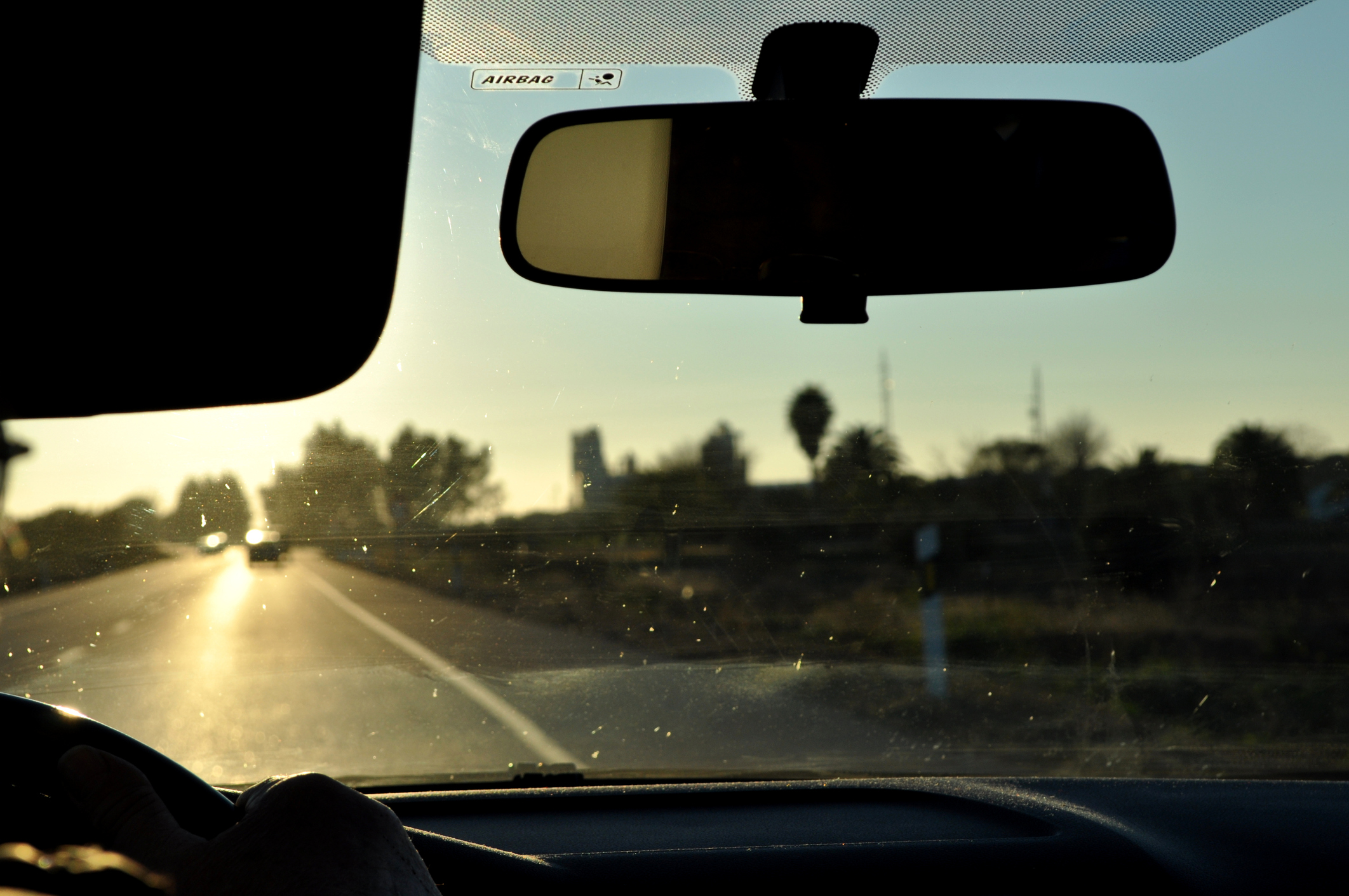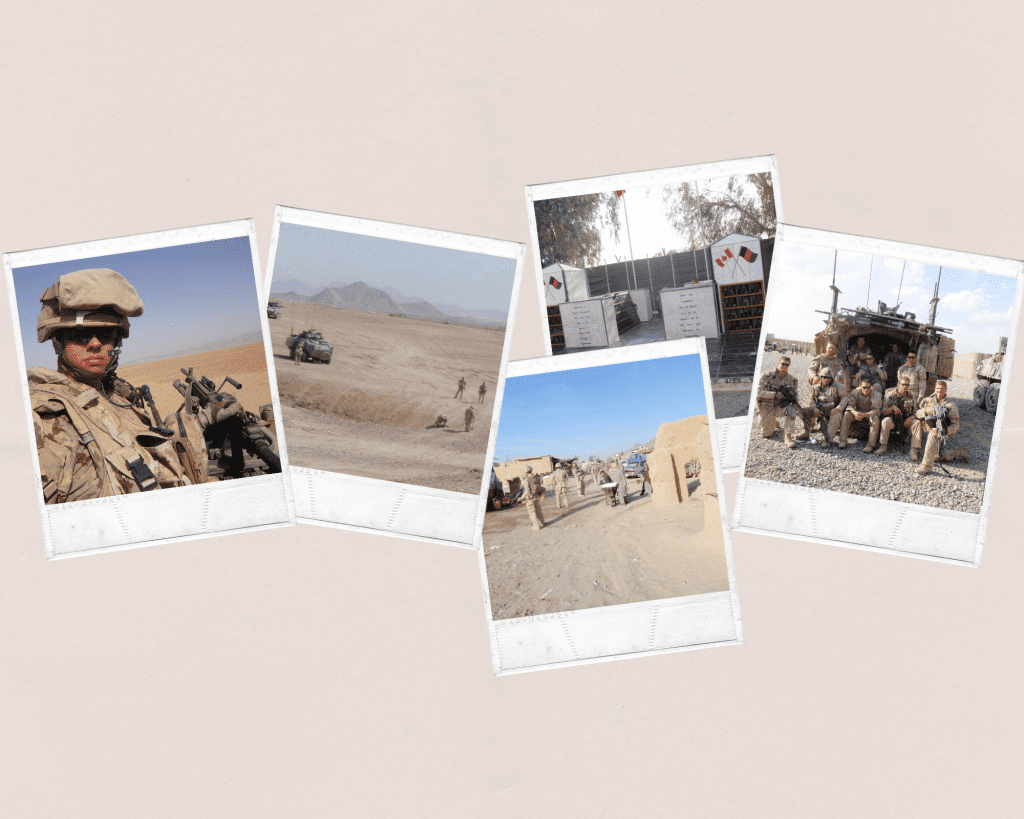- 2025-06-11
- Blog
The long road forward: Navigating trauma and finding meaning

With the month of May just having ended, I reflect back on the night in 2010 that permanently altered the course of my life and career. That night was both the luckiest and unluckiest night of my life. I survived a rocket-propelled grenade (RPG) attack but wound up with life-changing injuries. The anniversary of that night sometimes sneaks up on me, but it never comes around completely unnoticed.
I decided early on, at the first anniversary, that I would not dread that day. I would not look at it with sadness, fear or shame. Instead, I was going to celebrate the life that I had been given. Over the years, I’ve had celebratory dinners, gone on trips and checked off bucket list items. This has helped me to reconnect with the joy and meaning in my life. It has helped me to put the events of that night in the rear-view mirror and continue to move forward.
What I didn’t plan for were the days leading up to the anniversary. The feelings of dread and anxiety that pop up for no reason. The restlessness, fatigue and hypersensitivity. In those moments I find myself staring into that rear-view mirror and noticing the blackness of that event catching up behind me, but every year I manage to keep ahead of it and keep going forward.
I’ve had the privilege of being able to use education and training benefits to deepen my understanding of psychology and the effects of trauma on the human brain and body. I now understand that trauma is not something that I can outrun. That no matter how well I’ve adapted, integrated my experience and adjusted my perspective, the events that led up to my barely escaping with my life will always be a part of me, both mentally and physically.
What I understand now is that the trauma that I experienced is something that I can manage. The uncomfortable feelings that come up when I’m reminded of that night are my body’s way of trying to keep me safe and help me to survive. I’ve come to have a deep appreciation for my body’s wisdom. It is strong, resilient and a little overprotective at times. It needs to be reminded that we’re safe, that life is good, full of little things that make each day worth looking forward to. A brilliant blue sky that goes on forever, my dog’s big grin and wagging butt when we go for a walk in the morning, a phone call from my son with unexpected good news, the first signs of spring, the warm embrace of a loved one.
This year, as I sit and write this, I’ve come to see this anniversary as a sign on the road ahead of me. It’s one that I’m going to pass every year but one that I can appreciate as a guide to help me on my way. It will remind me of where I’ve been, keep me from losing my way, and it will forever be a landmark to help me navigate my life. These anniversaries will never go away, I will always have memories of this event, but now I’ve made space for them. They may not be comfortable but they have a purpose — to remind me to be on the lookout for the everyday things that help me to feel safe, hopeful and joyful, and to appreciate and to be grateful for the amazing life I live.
— Connie
Connie Uetz
Peer Researcher
Atlas Institute for Veterans and Families
Are you a Veteran or Family member with a story to tell? Get in touch with us and you may be featured on this blog!
Help us better understand what helps Veterans flourish in life after service
What makes you feel fulfilled and connected? Researchers at the Atlas Institute are looking for participants from all walks of life to complete a one-time survey, which should take approximately 60 minutes.

